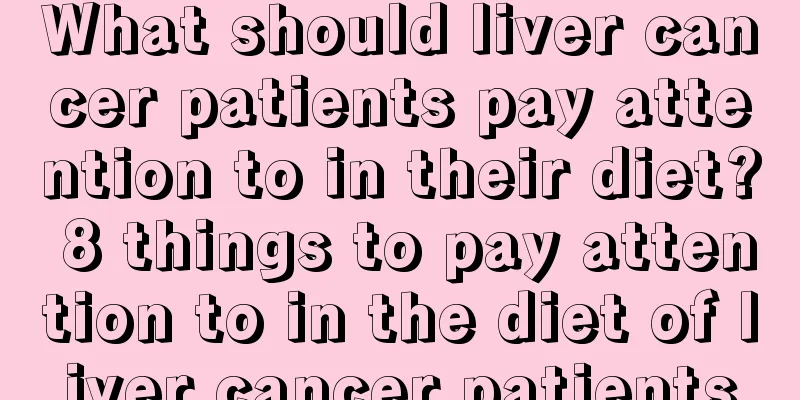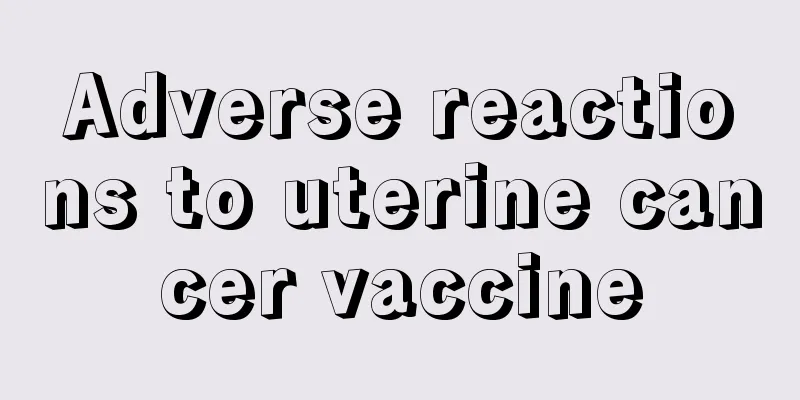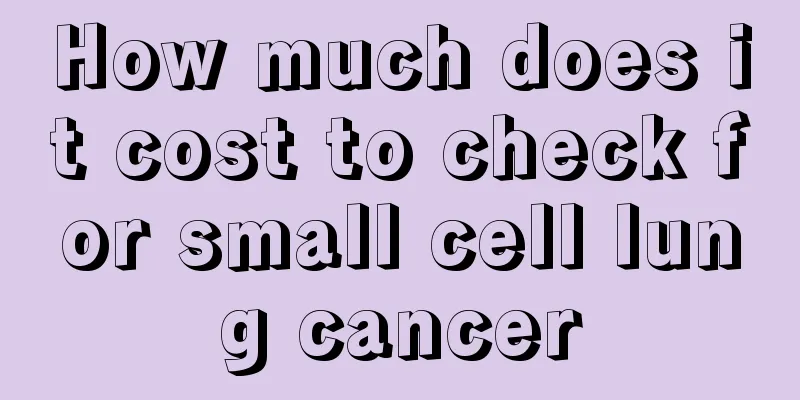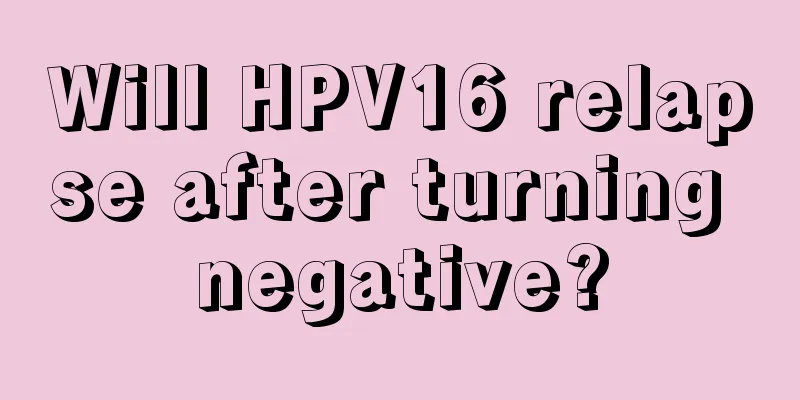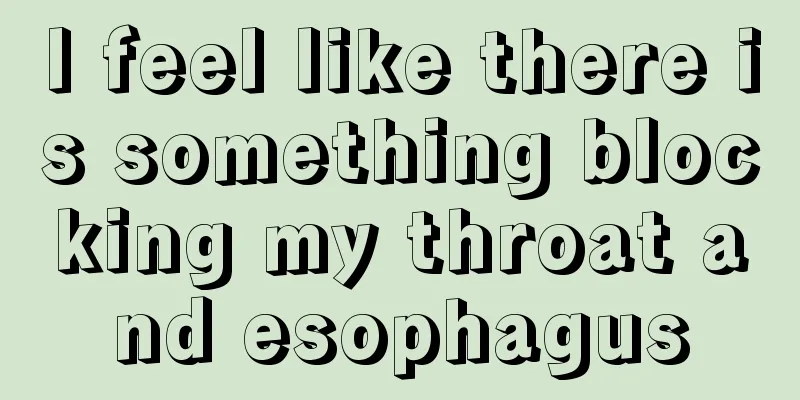Hepatitis B vaccine validity period, you should know when injecting
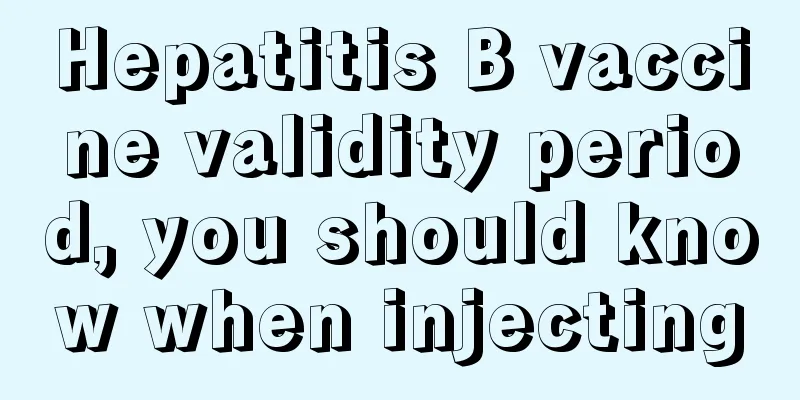
|
Everyone knows that medicines have a shelf life. Expired medicines not only have no therapeutic effect, but can even cause harm to the human body, especially vaccines, which are more harmful and can endanger life if not taken seriously. I believe everyone knows about the major vaccine case some time ago. So does the hepatitis B vaccine have a shelf life? Hepatitis B vaccine is a special medicine used to prevent hepatitis B. After people are vaccinated with the vaccine, the body will have immunity to prevent hepatitis B, thereby achieving the purpose of preventing hepatitis B infection. Vaccination with hepatitis B vaccine is the most effective way to prevent hepatitis B virus infection. Hepatitis B vaccine is the most effective way to prevent hepatitis B infection, but it does not mean that you will not be infected with hepatitis B after being vaccinated. Hepatitis B vaccine also has an effective period. How long is the effective period of hepatitis B vaccine? After vaccination, how long does it take to be vaccinated again? Hepatitis B vaccine is a genetically engineered vaccine currently used clinically in my country. It is a safe and effective product with few side effects. According to statistics, the conversion rate of hepatitis B surface antibodies in the human body is high after vaccination with the hepatitis B vaccine, and the effective protection period is more than 5 years. The antibody levels produced after hepatitis B vaccination gradually decrease over time. Generally, after vaccination, 97% of people can detect surface antibodies one month after three injections; the level remains at this level in the second year; and drops to around 74% in the third year, and the antibody titer also decreases. Whether revaccination is needed depends mainly on whether the titer of hepatitis B surface antibodies is measured and then deciding when to get the hepatitis B vaccine again. Those whose hepatitis B surface antibody titer is less than or equal to 10 international units/ml should be vaccinated within six months. If the antibody titer is greater than 10 international units/ml, revaccination can be performed within 6 years. Many medical experts in China recommend a booster shot within three years after immunization. After receiving the hepatitis B vaccine, blood should be drawn for testing to check the two-to-half ratio. If the anti-HBs is positive, it means that the vaccination is successful. The anti-HBs titer should also be checked. If the highest anti-HBs titer is only 10-100mIU/m1, it is best to revaccinate once after 6 months; when the highest anti-HBs titer is 101-1000mIU/ml, anti-HBs should be retested within 1-2 years after the first vaccination; if the anti-HBs is 1001-10000mIU/ml, it should be retested within 2-4 years; when the anti-HBs is greater than 10000mIU/ml, it can be retested within 4-6 years; when the anti-HBs titer is found to be lower than 10mIU/ml, revaccination should be carried out, and the revaccination should still be carried out according to the dosage and time plan of the initial vaccination. |
<<: What is the effect of Chinese medicine cherry tomatoes
>>: What is a hepatitis B virus carrier?
Recommend
Pleurodesis method
Pleurodesis is first used due to pneumothorax dis...
I feel weak after eating
Most people think that they feel uncomfortable an...
What are the common methods for checking melanoma
The early symptoms of melanoma are not very obvio...
Recurrence rate of clear cell renal cell carcinoma
Cancer damage causes the gradual failure of peopl...
How to treat right ovarian teratoma
Teratoma does not have a clear symptom, so it is ...
What are the symptoms of spring bamboo shoot poisoning
Spring bamboo shoots taste very crisp and refresh...
What to eat to prevent prostate cancer
Most of the nutrients in the body need to be prov...
Comparison of the advantages and disadvantages of imaging diagnostic methods for tongue cancer
Tongue cancer is the most common type of oral can...
What are the effects, functions and contraindications of burdock tea?
Many people in our daily life prefer to drink bur...
There are actually these methods to cure Helicobacter pylori
Helicobacter pylori is a highly contagious bacter...
Dietary considerations for malignant melanoma
I believe that most people don’t know what melano...
Women should be more alert to the harm of tongue cancer
According to research, more and more women are su...
How to care for moderate amount of abdominal effusion
Ascites is a common clinical problem. Each person...
What are the four famous Chinese wines?
China has a long history of wine culture. The var...
Why do I sweat in the middle of the night? Am I suffering from a disease?
Some friends sweat while sleeping and only realiz...

